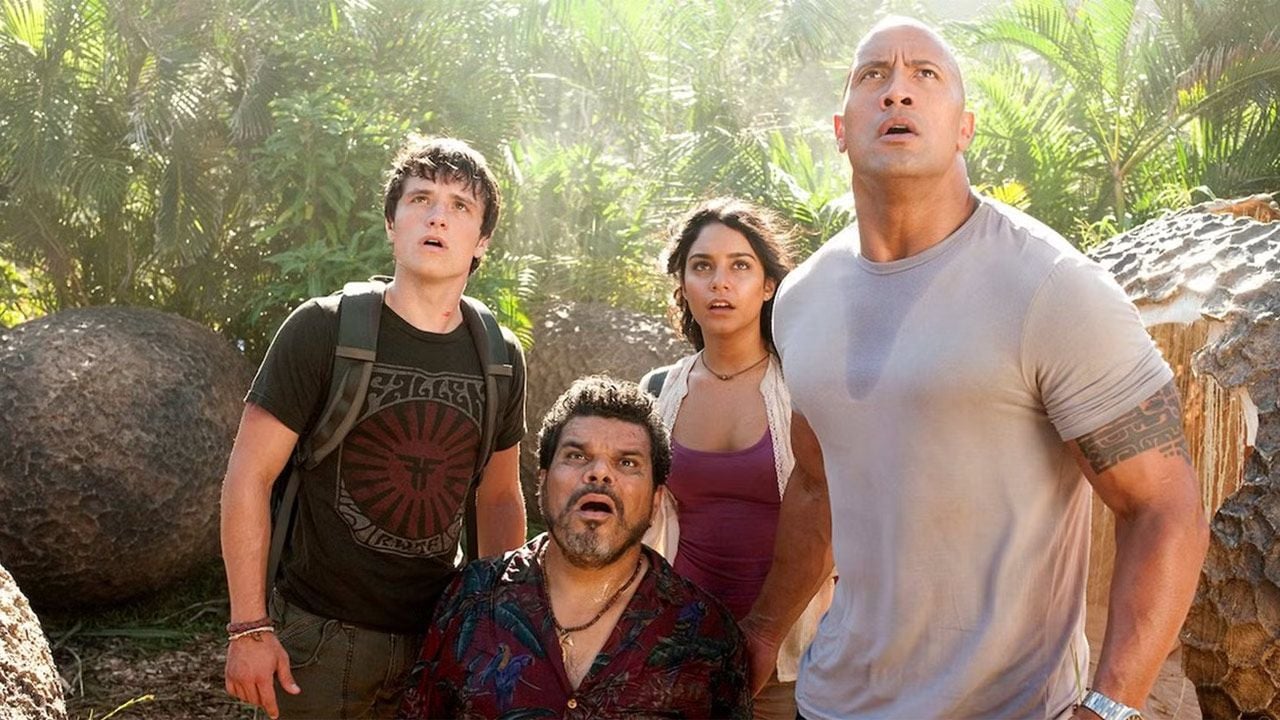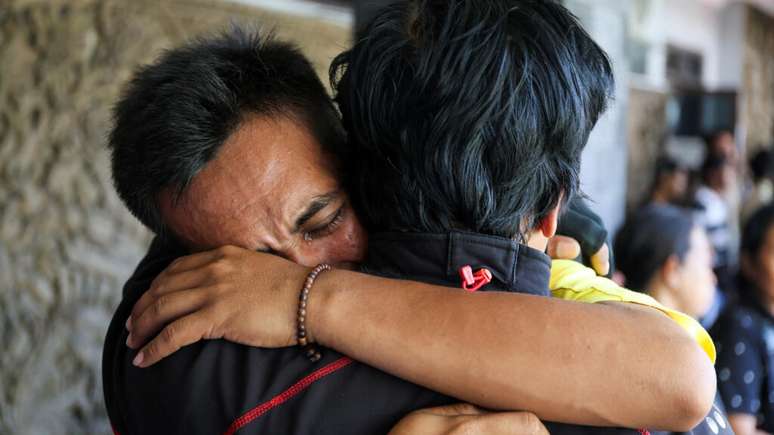The project was developed through workshops that address topics such as the role of traditional communities, climate change and the reduction of emissions resulting from deforestation
“I realized that, with training, I could contribute significantly to the cause of extractive reserves that needed this knowledge.” Thus André da Silva Marciel, resident in the Chico Mendes reserve, in the municipality of Brasiléia, in Acre, began to consider the study on carbon credits in courses held in the North of the country by the Institute of Amazonian Studies (IEA) and the National Council of Extractive Populations (CNS).
“This course can influence my life in several ways, for example by supplementing my income. With it I can prepare proposals, provide services, consultancy, etc.”, adds André. “Along with my role on the reserve’s deliberative council, I can also positively influence the daily life of the community and, with that, help improve the lives of the community and my family.”
- Currently in the country there are around 90 units that live from extraction, benefiting around 400 thousand people.
The IEA works primarily with training populations living on extractive reserves to participate in the carbon market.
- This project was developed through workshops that address topics such as the role of traditional communities, climate change and emissions reduction registration and environmental degradation. More than 470 people have been trained so far Acre, Amapá, Pará and Federal District.
“Increasingly, traditional populations, including extractivists, are being harassed by private companies to sign carbon contracts. Often these documents reach leaders without them being adequately briefed on the subject, without prior knowledge or understanding of the rules associated with this type of projects”, explains Daniela Bonamigo Zupiroli, administrative and financial director of the Institute of Amazonian Studies.
“These projects should contribute to the life of communities and never make it difficult,” adds André da Silva Marciel.
According to her, there are already cases of prefabricated contracts that reach community leaders with promises of compensation that exceed expectations and, at the same time, with conditions that can profoundly alter community dynamics and the traditional way of life.
“In this context, training leaders and community members is extremely important, as it provides them with tools to understand and question what is being presented to them, as well as creating awareness about climate change and the fundamental role they play in this scenario by maintaining forest awareness alive”, says Daniela.
- According to Mary Allegretti, president of the IEA, these populations are holders of the carbon credits generated by avoiding deforestation, providing a socio-environmental service to protect forests and the climate in the same way as when they collect latex and process rubber, dried fruit , oils and other raw materials from the Amazon rainforest.
The carbon market was created during the ECO-92 conference in Rio de Janeiro. This is a large compensation system that results in greenhouse gas emissions. Therefore, countries, companies or territories that have not met their targets for reducing these emissions can acquire carbon credits from those who have exceeded their planned cuts in air pollution linked to deforestation and forest degradation.
Some areas have a greater weight in the carbon market than others. In a place where there is a lot of pressure from deforestation, for example, the value of carbon credits increases. In smaller places, where environmental destruction is minimal, the volume of credits will be lower. In this sense, some companies want to develop their own projects, while others are interested in purchasing credits from projects already underway to offset their emissions.
But there are obstacles to training. “Understanding how the carbon market works is not easy, not even for experts. There is therefore an initial difficulty in understanding the operating rules of this new market, which works with an immaterial ‘currency'”, declares Daniela.
“Mining populations can easily quantify a kilo of rubber or nuts and know its market value; however, these carbon credits floating in the air cannot be weighed and traded through the usual channels they have access to, making it the theme uninteresting, palatable at the beginning.”
According to Wendel Araújo, president of the Association of Residents and Producers of the Chico Mendes Mining Reserve, it can be quite difficult at first to know what to do when it comes to the carbon market. He says it’s something he’s always heard about, but he doesn’t know how to deal with. But with training the situation is different. “When we understand the carbon market, we can guarantee our permanence in the territory, our customs, our ancestors.”
Source: Terra
Rose James is a Gossipify movie and series reviewer known for her in-depth analysis and unique perspective on the latest releases. With a background in film studies, she provides engaging and informative reviews, and keeps readers up to date with industry trends and emerging talents.







